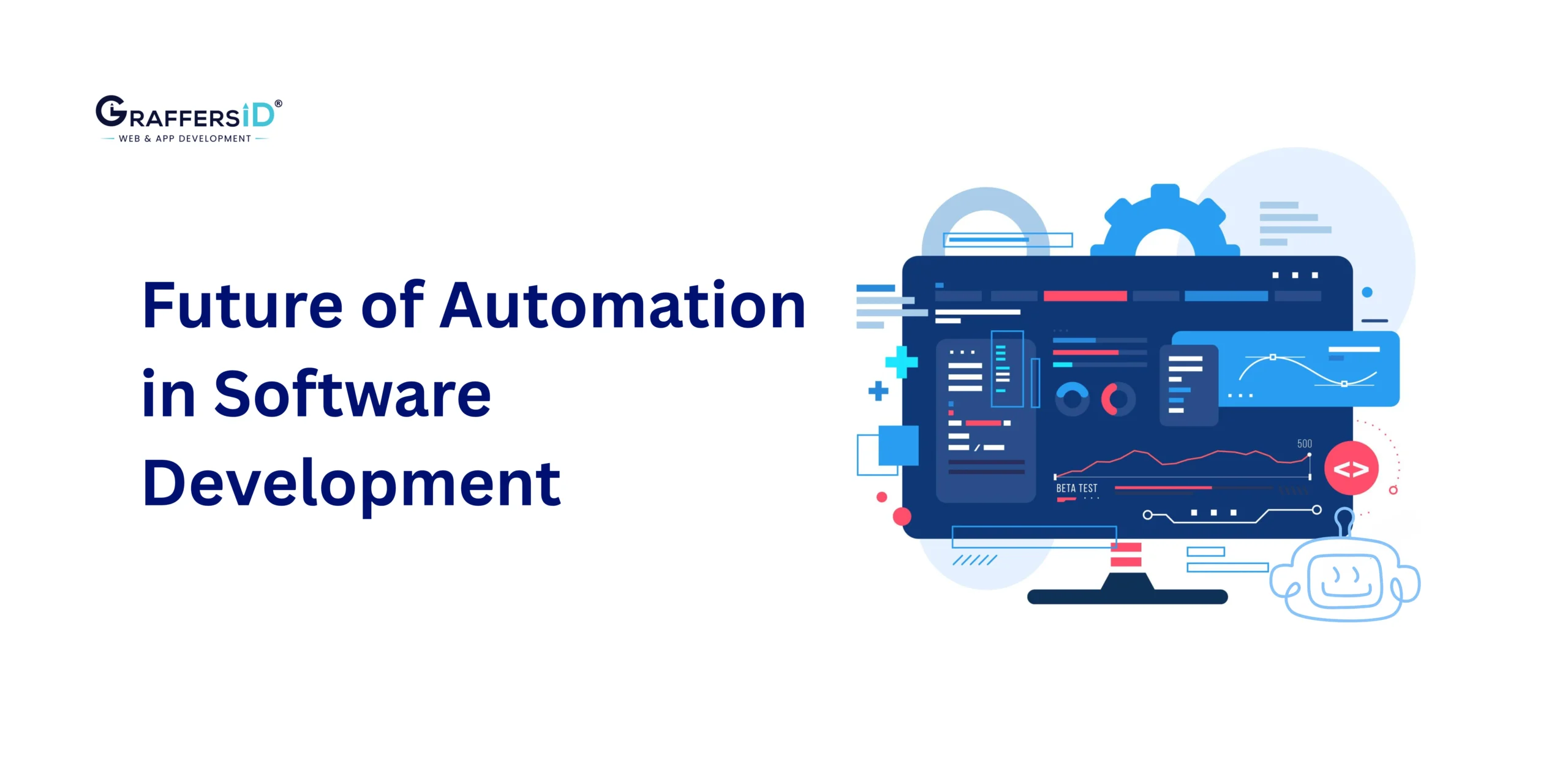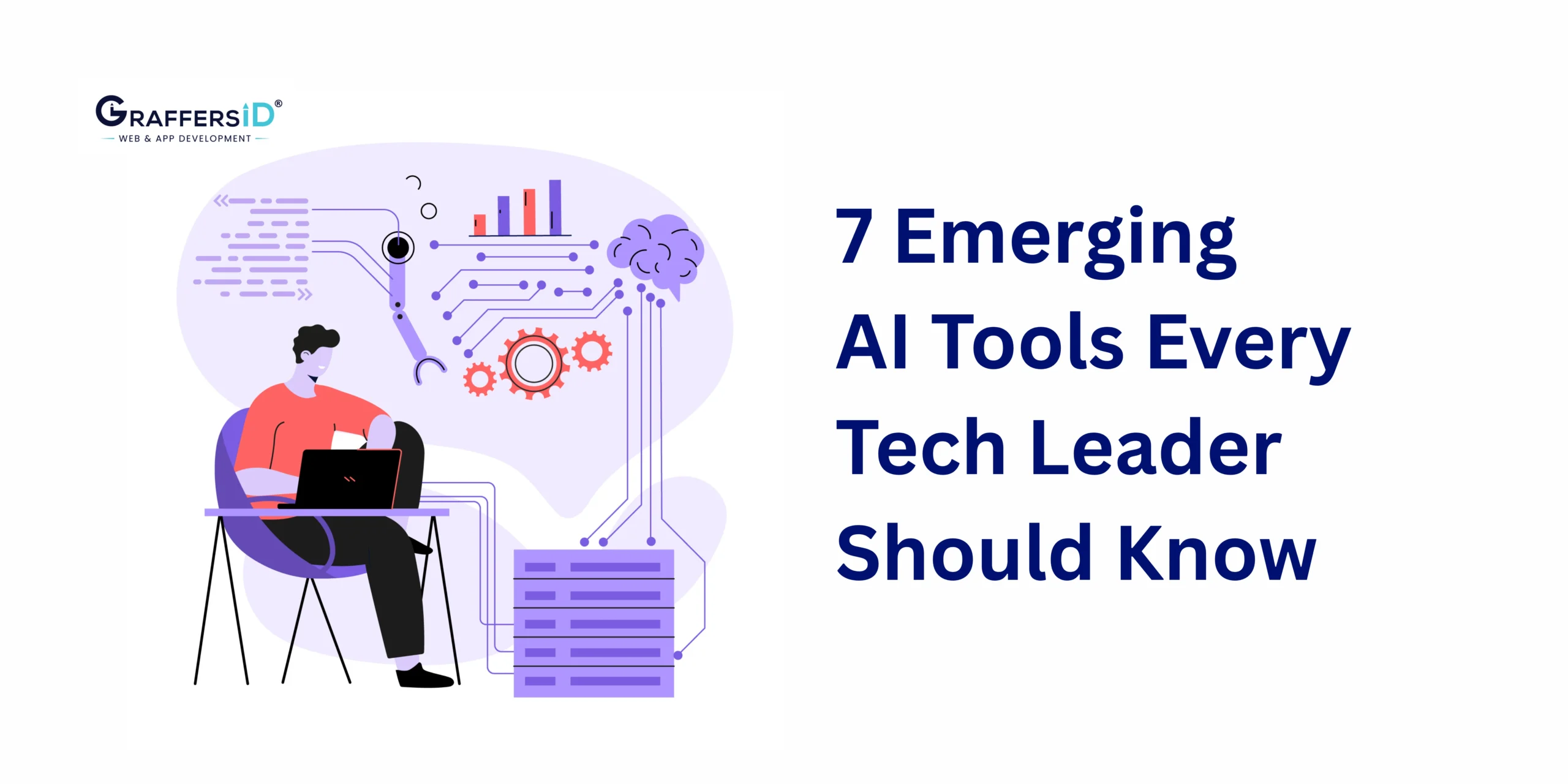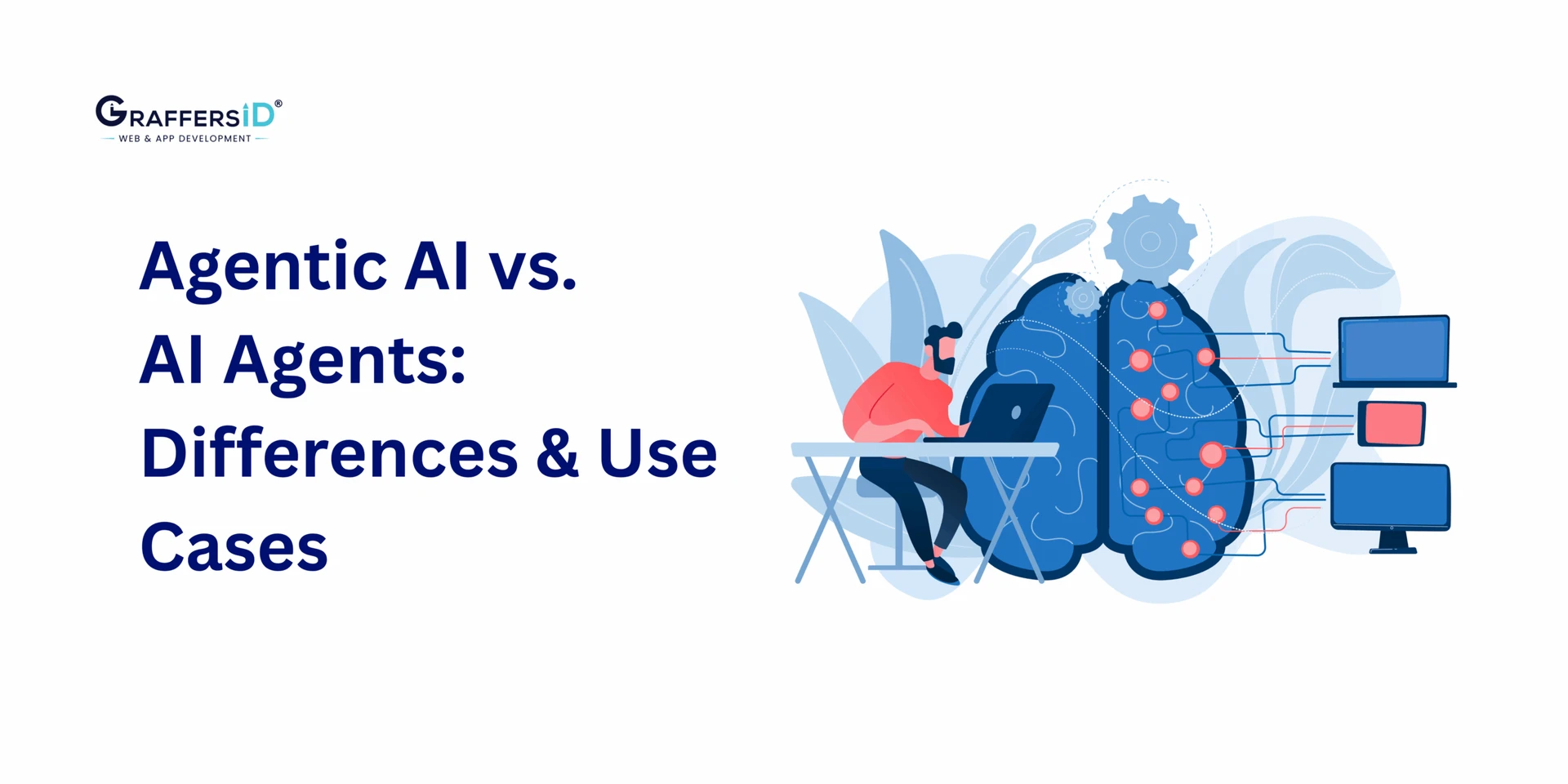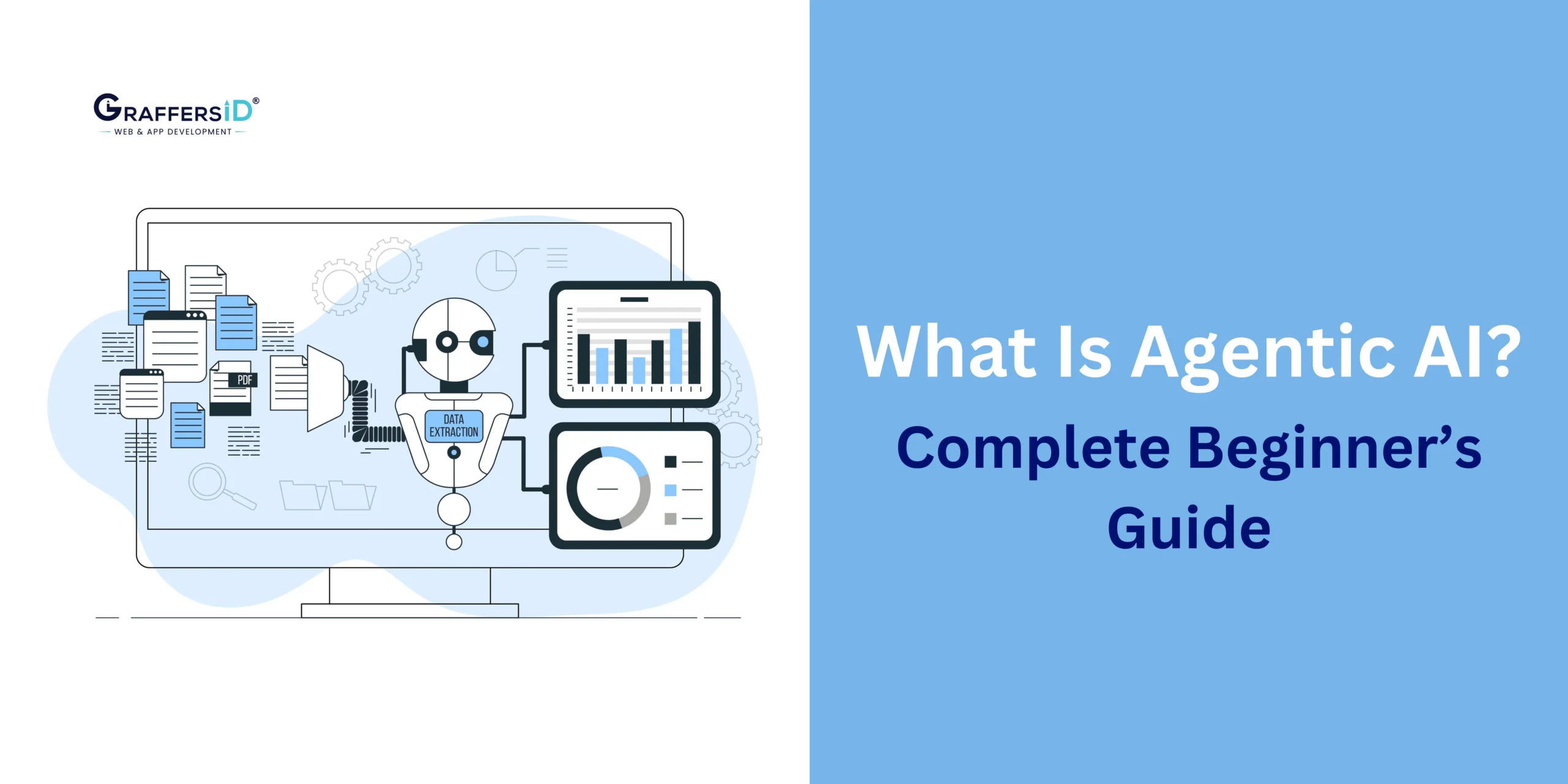Automation has revolutionized software development, streamlining workflows, accelerating delivery, and improving product quality. In 2026, automation is no longer just about reducing repetitive tasks; it is about AI-powered, intelligent systems that can code, test, deploy, and even predict development outcomes autonomously.
With the rise of generative AI, agentic AI, and cloud-native tools, automation is entering a new era where software systems are built faster, smarter, and more securely. This blog explores the evolution of automation, its benefits, applications, and future predictions for developers and enterprises in 2026 and beyond.
Understanding Automation in Software Development
Automation in software development refers to the use of AI-driven tools, platforms, and workflows to perform tasks that traditionally required manual effort. These include coding, testing, deployment, infrastructure management, and maintenance.
Key drivers of automation include:
- Faster time-to-market for competitive advantage.
- Demand for secure, error-free software in an AI-first world.
- Explosion of complex, large-scale applications requiring scalable processes.
- AI-driven adaptability, where tools not only automate tasks but also make intelligent decisions based on data and context.
By 2026, automation tools will leverage AI and machine learning to not only automate tasks but also make intelligent decisions, predict outcomes, and adapt to changing requirements.
Read Also: What is Blackbox AI? A 2026 Guide for Tech Leaders Looking to Redefine Their Development Workflows
Benefits of Automation in Software Development
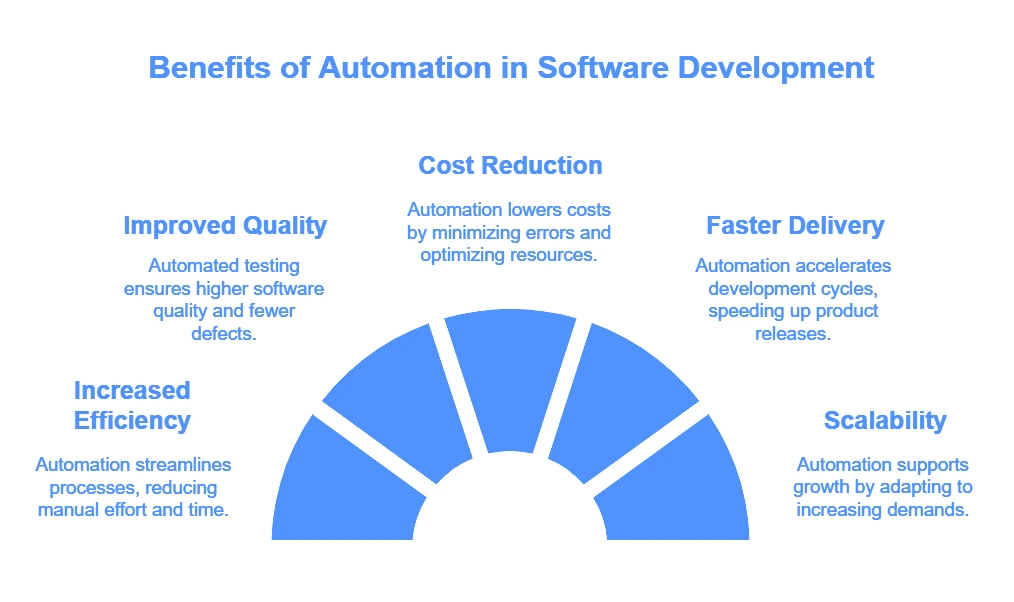
1. AI-Enhanced Efficiency
Automation easily boosts efficiency by performing repetitive tasks for you, which are otherwise time-consuming, like code formatting, testing, and deployment. These tasks, when performed manually, take up valuable time that developers can otherwise use for higher-value activities. Automation also allows for consistent performance and minimizes errors caused by fatigue or oversight.
2. Improved Software Quality
Quality is a very important factor in software development, and automation plays a key role in maintaining high standards. Automating this process can easily evaluate the software and identify bugs, vulnerabilities, and inconsistencies better than manual effort. So the generated code is of high quality and has minimal errors.
3. Cost Optimization
Automation provides significant cost benefits. By automating labor-intensive processes, the need for extensive manual effort is reduced. Additionally, by detecting and resolving issues early in the cycle, automation can help prevent costly post-release fixes and customer dissatisfaction. So, the overall spending can be reduced a lot.
4. Faster Delivery with AI-Powered CI/CD
The deployment speed is increased manifold when we choose automation of software development. The teams can build, test, and release updates more quickly in this manner. Continuous integration/continuous deployment (CI/CD) pipelines, powered by tools like Jenkins and GitLab, make sure that code changes are automatically tested and deployed.
5. Scalable & Adaptive Workflows
As the scope of a project increases in size and complexity, it becomes challenging to manage it efficiently. With automation, however, it becomes easier to scale environments as needed. This ensures that teams can manage multiple projects or expand existing applications without compromising quality or performance.
Applications of Automation in Software Development in 2026
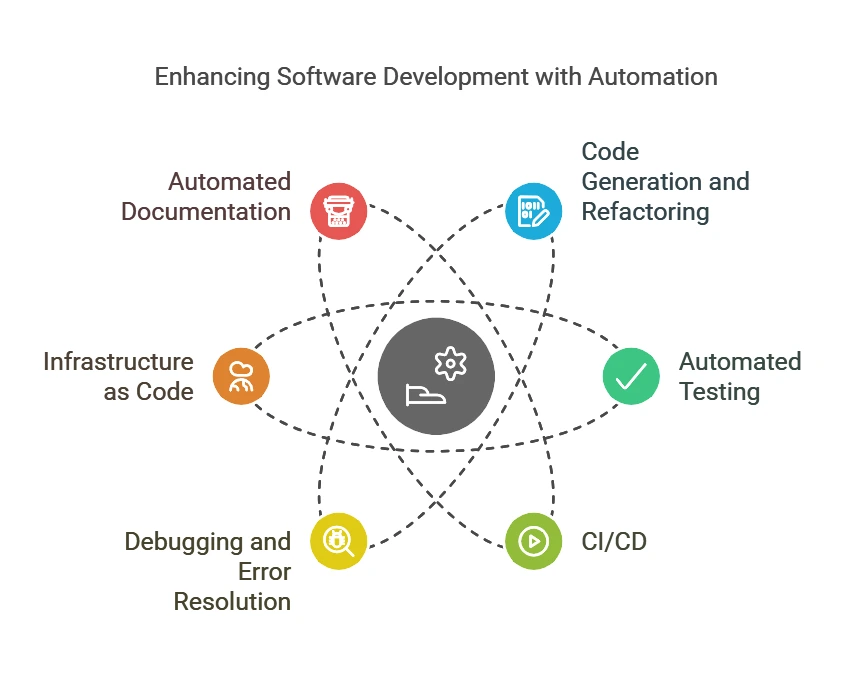
1. Code Generation and Refactoring
- What’s Changing: By 2026, AI-driven tools like GitHub Copilot will not only suggest code snippets but also generate complete modules tailored to specific requirements.
Automation has revolutionized software development, streamlining workflows, accelerating delivery, and improving product quality. In 2026, automation is no longer just about reducing repetitive tasks; it is about AI-powered, intelligent systems that can code, test, deploy, and even predict development outcomes autonomously.
With the rise of generative AI, agentic AI, and cloud-native tools, automation is entering a new era where software systems are built faster, smarter, and more securely.
- Impact: Automation ensures clean, optimized, and maintainable code, reducing technical debt and improving productivity.
2. Automated Testing & AI QA
- Significance: Testing automation tools such as Selenium, Testim, and Applitools are evolving to cover unit, integration, and regression testing comprehensively.
- Future Outlook: These tools will use AI to identify potential edge cases, simulate user behavior, and adapt to new codebases automatically.
3. Intelligent CI/CD Pipelines
- Current Trends: Automation tools like Jenkins, GitLab CI/CD, and CircleCI streamline the build, test, and deployment processes.
- By 2026, Intelligent CI/CD pipelines will predict and resolve integration conflicts, optimize resource allocation, and ensure zero-downtime deployments.
4. Predictive Debugging & Error Resolution
- Role of AI: Tools like DeepCode and Snyk are leading the way in detecting vulnerabilities, bugs, and inefficiencies.
- Future Trends: Predictive debugging will enable developers to address issues proactively by analyzing historical error patterns.
5. Infrastructure as Code (IaC)
- Advancements: Tools like Terraform and Ansible automate infrastructure provisioning and configuration.
- What’s Next: Self-healing infrastructure powered by AI will monitor and resolve infrastructure issues autonomously.
6. Automated Documentation with AI
- Importance: Tools like Doxygen and Sphinx already automate the generation of code documentation.
- Future Perspective: AI will generate dynamic, user-specific documentation tailored to developers, testers, and stakeholders.
Read More: What is Generative AI and How Does It Affect Software Development?
Emerging Trends in Automation for 2026
1. AI-Driven Development Assistants
AI-powered assistants will become a must-have for developers, offering contextual help, code explanations, and real-time debugging tips.
2. Autonomous DevOps (AIOps)
DevOps will evolve into a more autonomous discipline, with AI managing pipelines, monitoring environments, and orchestrating deployments.
3. AI-Powered Security Automation
With the increasing risks to security, automation will play a pivotal role in enhancing control during development. Tools will actively monitor code for vulnerabilities and enforce compliance with security standards.
4. Predictive Analytics in SDLC
AI will predict project outcomes, timelines, and risks, enabling better planning and resource allocation.
Predictions for Automation in 2026
- Hyperautomation: Going beyond individual tasks to encompass end-to-end processes, automation will create seamless, intelligent workflows.
- Human-AI Collaboration: Automation tools will act as collaborative partners, augmenting human decision-making rather than replacing it.
- Universal Adoption: It will become a necessity for staying relevant rather than just a competitive advantage to ensure relevancy in the software industry.
- Ethical Automation Standards: Governments and organizations will establish frameworks to ensure the ethical and responsible use of automation.
- Custom AI Models: Developers will use custom-trained AI models tailored to their specific projects, enabling more precise and effective automation.
Conclusion
In 2026, automation in software development has evolved into AI-driven, intelligent workflows that go far beyond repetitive task handling. From AI coding assistants and predictive debugging to autonomous DevOps pipelines and self-healing infrastructure, automation is now the backbone of faster, smarter, and more secure software delivery.
For businesses, adopting automation is no longer optional, it is a strategic necessity to stay competitive, reduce costs, and accelerate time-to-market. For developers, automation means shifting from manual tasks to collaborating with AI agents, focusing on creativity, innovation, and problem-solving.
As the industry moves towards hyperautomation, ethical AI standards, and custom-trained AI models, organizations that embrace automation today will lead the future of digital transformation.
At GraffersID, we specialize in helping companies harness AI-powered automation and offshore software development teams to deliver scalable, future-ready solutions. If you want to build smarter, faster, and more adaptive applications in 2026, partner with us to stay ahead of the curve.
